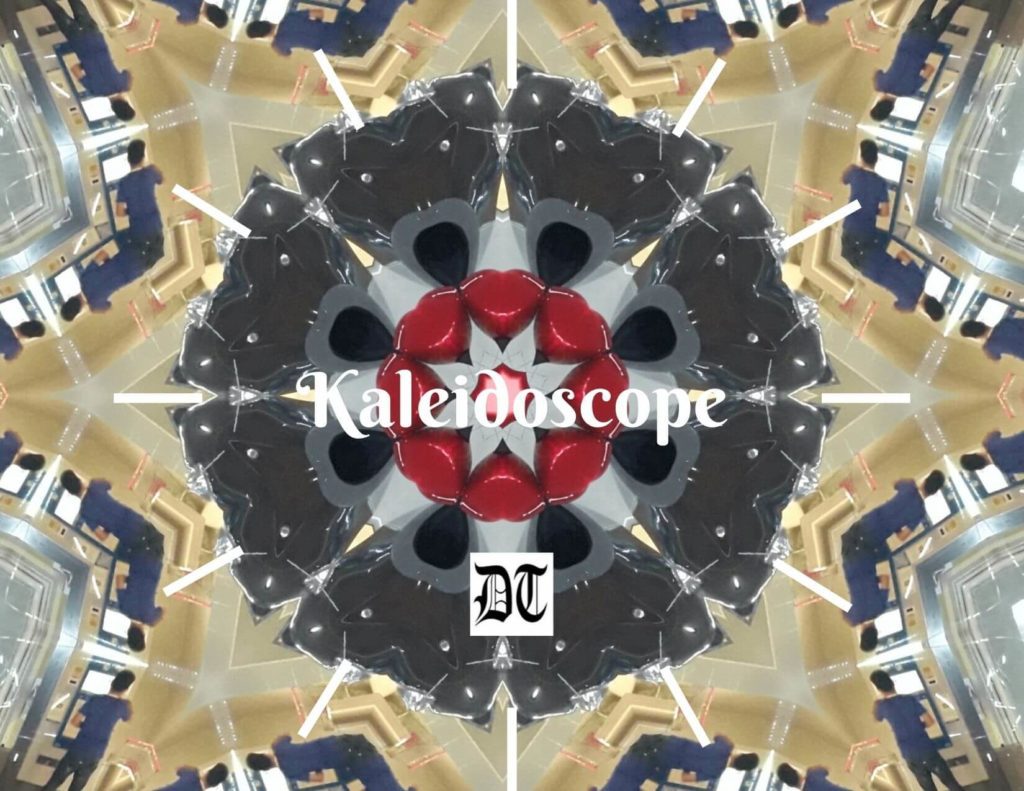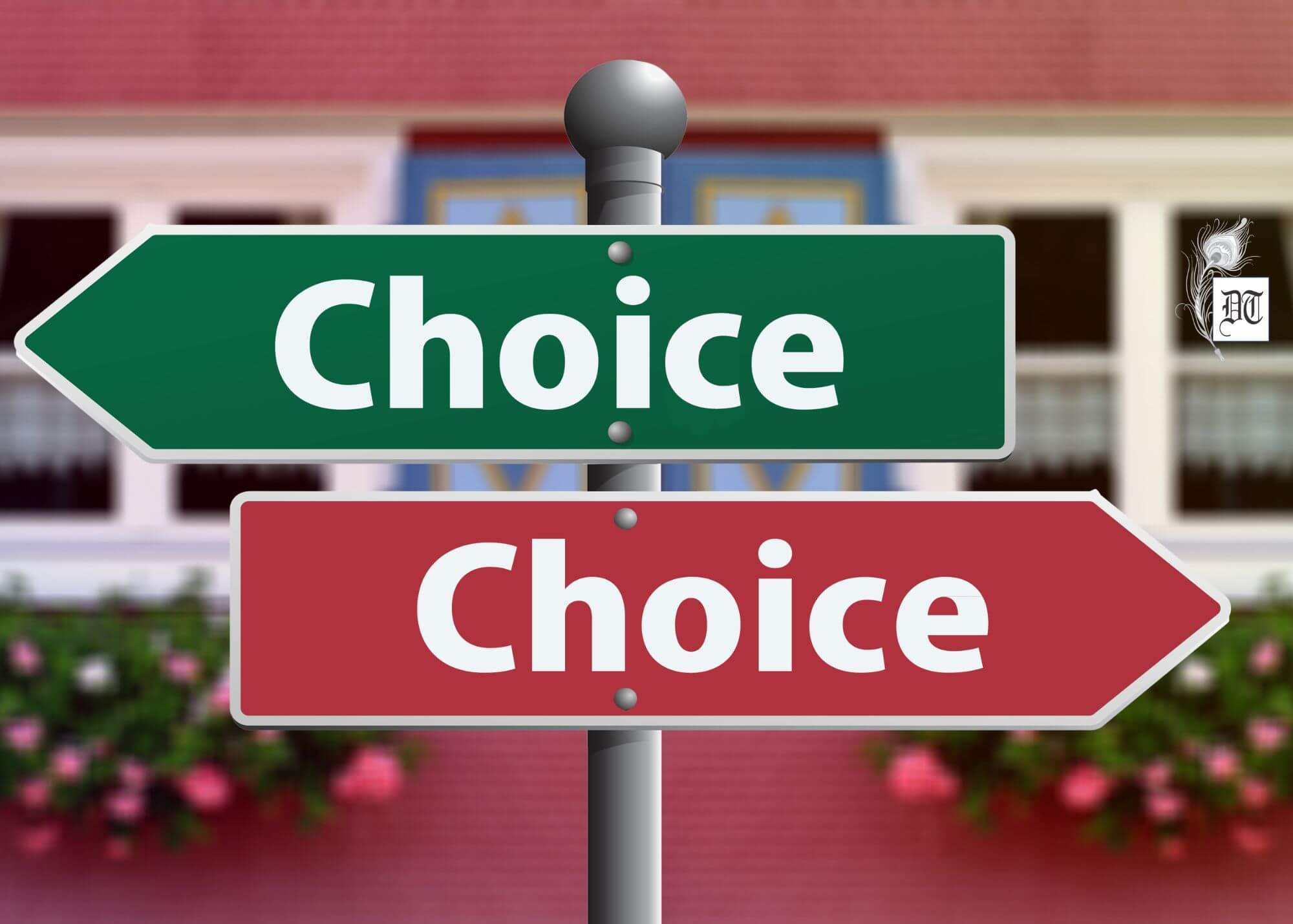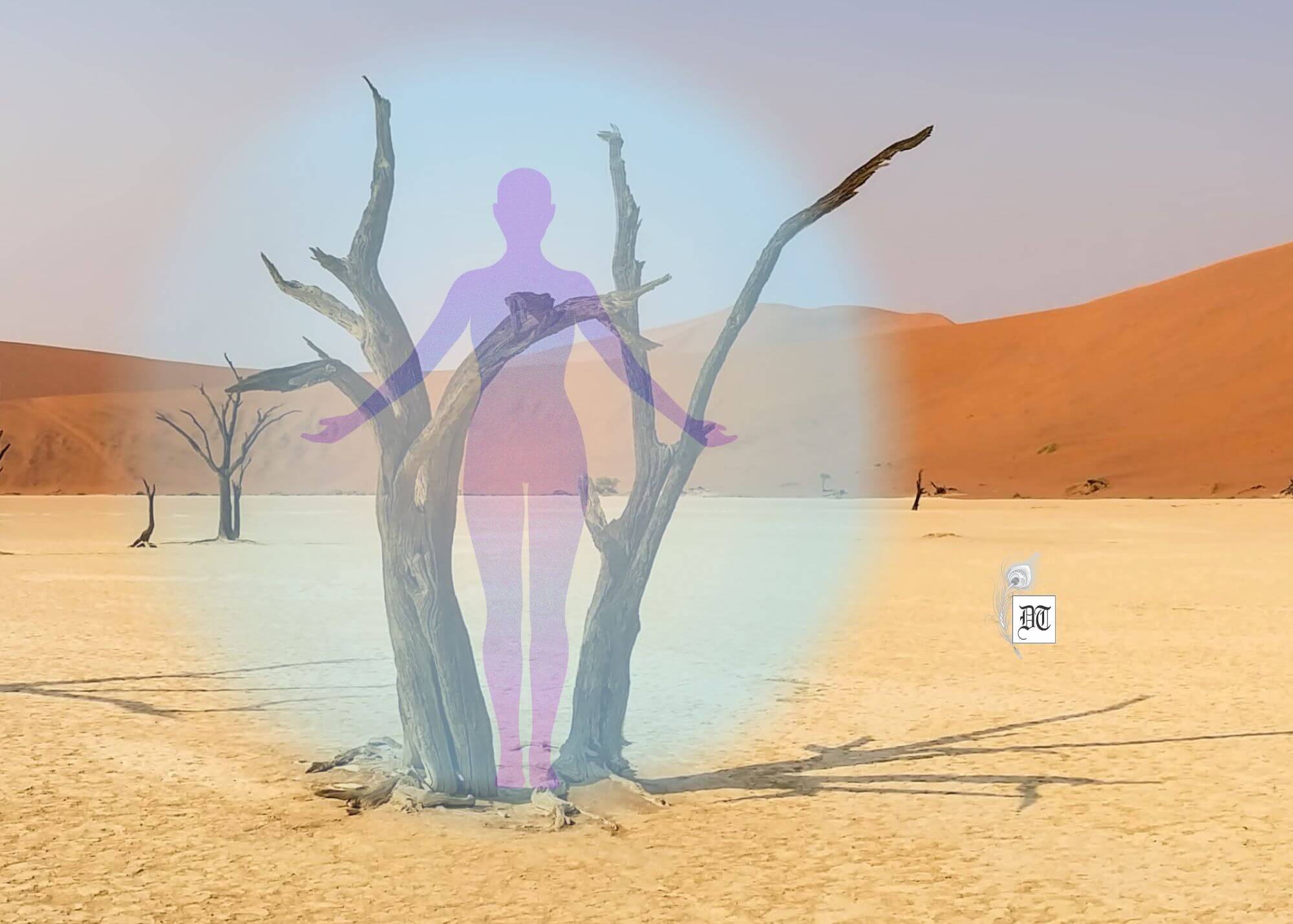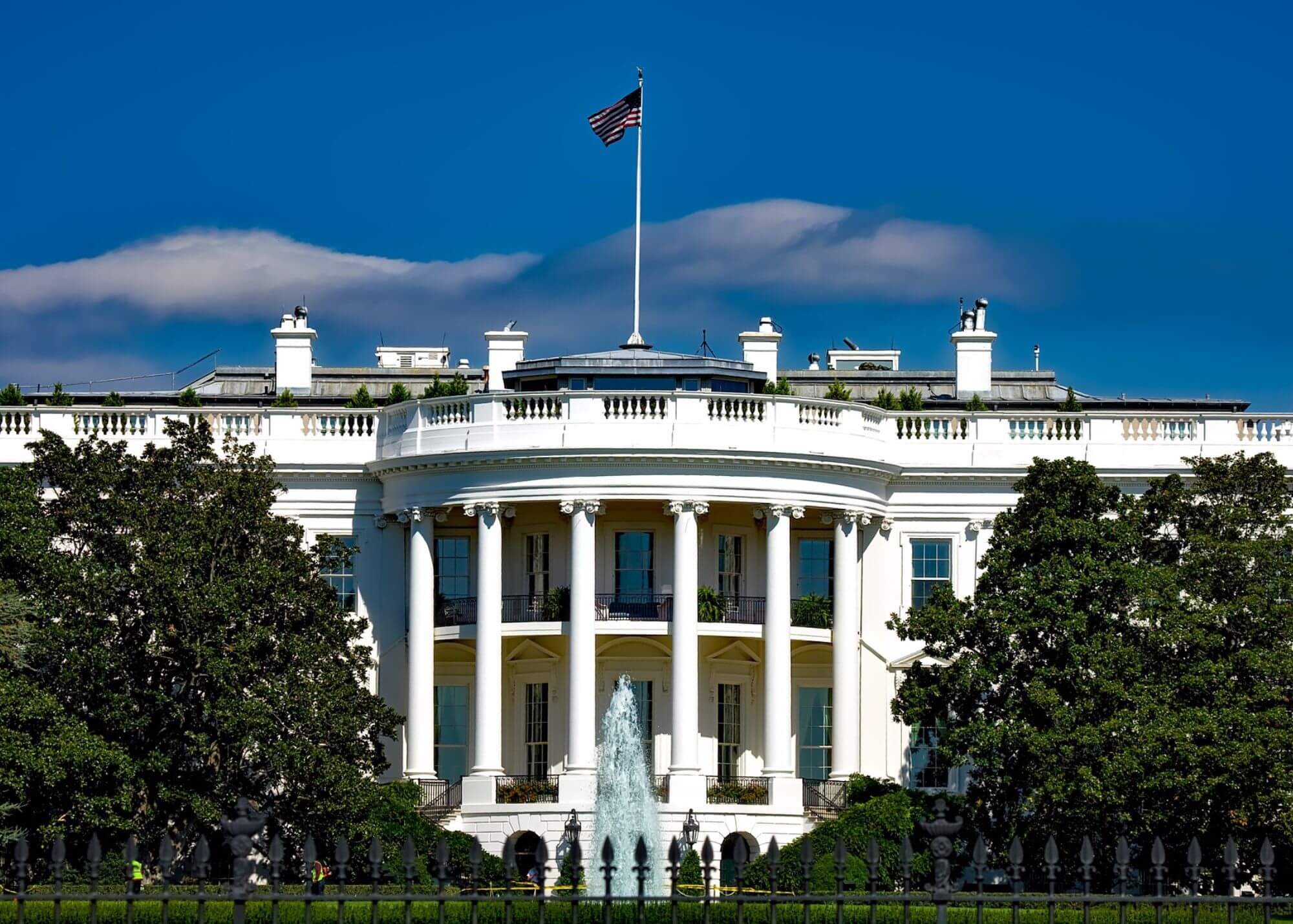Dr Navodita suggests that the Gen Alpha, grappling with modern life’s complexities, is experiencing confusion and identity loss due to overwhelming choices. Here’s an exclusive for Different Truths.

Being born as a Millennial (born in the 80s and onwards), one seems to have been left out of a lot of stuff available today. On the contrary, one also feels there was more freedom, a straitjacket way of working, more discipline, more books (in hard copy), more outdoor games, more sane conversations about parents and family, more friends to play and dine with, and more movies and theatres to go to.
However, Generation Alpha (born in the 2010s and onwards) seems fraught with many an impending disaster, much propelled by the choices they are flooded with, not only in terms of religion or gender but also with choices of parents, lineage, and ancestry. Choices are often meant to give us more freedom, but what if too many choices are not helping and are adding to the burden of getting lost and mired in ‘indecision’ or even ‘delirium’. Why so? It’s clear with the kind of choices young adults have before them.
Global Fertility Rate
The global fertility rate – the average number of births per woman – has fallen from around five children in 1950 to two children in 2021, data show. By 2021, 110 countries and territories (54%) had rates below the population replacement level of two children per woman. The study highlights a particularly worrying trend for countries like South Korea and Serbia, where the fertility rate is less than one child per female, exposing them to the challenges of a dwindling workforce.
The problem doesn’t end here—most couples are going for surrogacy, IVF, adoption, or other such means to have kids and leave a legacy to the younger ones, thereby leaving them confused about their exact parentage. Even after birth, the children are free to choose their gender, with LGBTQIA+ gaining ground across the globe. A lot of young adults do change their religion as well, hopping from Hinduism to Buddhism or from Buddhism to Christianity.
The United Nations Universal Declaration of Human Rights defines religious conversion as a human right: “Everyone has the right to freedom of thought, conscience, and religion; this right includes freedom to change his religion or belief” (Article 18). Despite this UN-declared human right, some groups forbid or restrict religious conversion. It is, however, more frequent than before.
Notions of LGBTQIA+
As high school students use the F-word or discuss notions of LGBTQIA+, religion’ seems to be a strong force that binds them morally, but frequent conversions for purposes of marriage or change in belief may leave them confused. In his book, ‘The Rage Against God: How Atheism Led Me to Faith’, Peter Hitchens begins Chapter 11 by asserting, “Those who reject God’s absolute authority, preferring their own, are far more ready to persecute than Christians have been… Each revolutionary generation reliably repeats savagery.” This was evident from my recent discussion with some high school students who advocated war and normalized the Russia-Ukraine War and Israel-Palestine conflict, saying it is a ‘necessary evil’. Faith makes you more optimistic and vigilant towards yourself as a philosophy and a belief system.
In short, does having more choices to experiment with religion and gender leave you neutered and sterile, or does it help you evolve? I think the former is truly defying the latter.
Picture design by Anumita Roy






 By
By
 By
By
